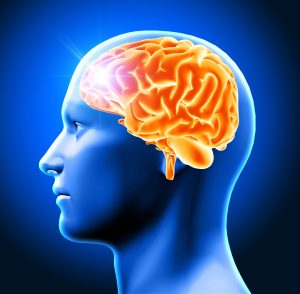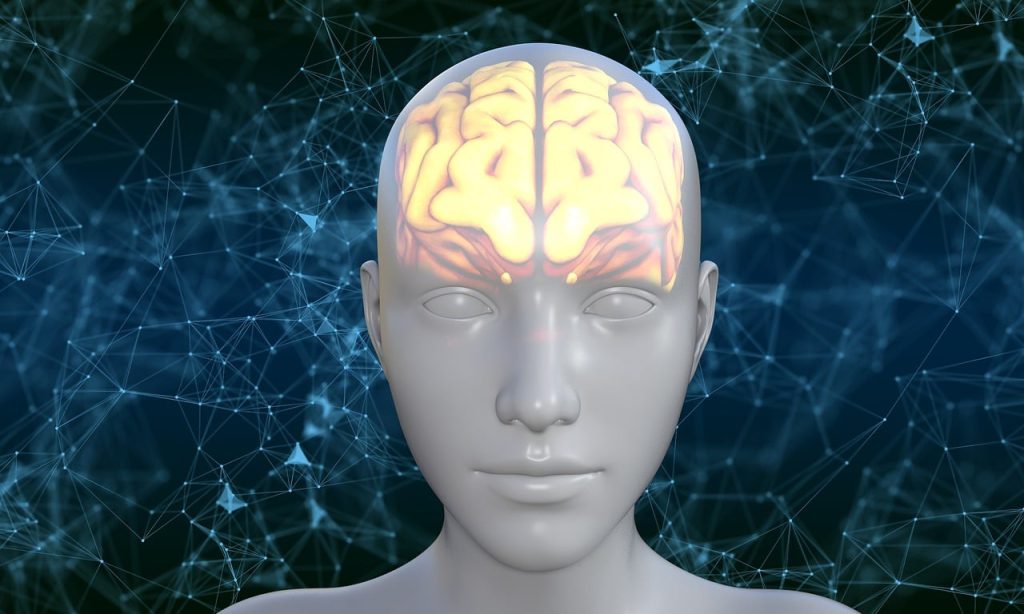According to the majority of studies, changes in brain volume occur in the 30s and 40s.
GLORIOUS PICTURES
It’s no secret that as we age, our bodies shrink, but did you also know that your brain—yes, your brain—gets smaller? It’s crucial to understand that age-related shrinking is common before you become alarmed. However, here’s what to do if you want to start strengthening your brain right away.
When the size of your brain begins to decrease
The majority of research suggests that changes in brain volume occur in the 30s and 40s. However, promenade atrophy, or changes in the brain occurring as a result of both normal ageing and disease-related changes, is more common in the 60s and 70s, according to Cleveland Clinic staff neurologist Dr. Charles Bernick.
We are aware that the volume of the brain often decreases in a fairly predictable way as people age. After the age of forty, the brain loses five percent of its mass every ten years,” he says. “That is caused by a combination of cell loss, fibre deterioration, and cell volume reduction.”
The reason of brain shrinkage

There is a distinction between disease-related shrinking and age-related brain shrinkage, or atrophy. According to Bernick, the matter becomes problematic when the shrinkage exceeds the normal ageing process since it may indicate the progression of an illness, such as Alzheimer’s disease or vascular abnormalities in the brain.
While it is impossible to track the symptoms of brain atrophy brought on by ageing normally, one might be aware of changes in mental function, such as memory loss, trouble solving problems, or difficulty finding words.
According to Bernick, atrophy is only discovered when symptoms appear, such as alterations in memory or cognitive function. “Those are the indications for brain MRI, as it may reveal atrophy or shrinkage.
An assessment, like an MRI brain scan, might be prompted by symptoms in order to identify atrophy. Additionally, he explains, there are automated methods that can identify whether a certain volume is outside the typical age range.
How to optimise the health of your brain
Although it is impossible to stop the natural ageing process of the brain, there are methods you may employ to enhance brain function and lower your chance of contracting diseases like Alzheimer’s. Among these techniques are:
Frequent physical activity
antioxidant-rich diets, including the Mediterranean diet
Maintaining mental focus
Obtaining enough rest
addressing additional vascular risk factors, including diabetes, cholesterol, and blood pressure monitoring and management
Giving up smoking
Bernick believes the data is “murky at best,” despite some sources suggesting that supplements for brain health, such as omega-3 and creatine, can be beneficial.
“We would advise concentrating on adequate nutrition and obtaining vitamins and minerals through diet,” he states. “Your first line of action should be to eat a balanced diet rich in whole grains, healthy fats, and a wide variety of fruits and vegetables. Only if you are lacking in specific vitamins or minerals should you consider taking supplements.

